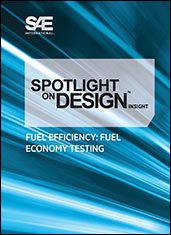Training / Education
Infrared Camera for ADAS and Autonomous Sensing
Advanced Driver Assist System (ADAS) and autonomous vehicle technologies have disrupted the traditional automotive industry with potential to increase safety and optimize the cost of car ownership. Among the challenges are those of sensing the environment in and around the vehicle. Infrared camera sensing is seeing a rapid growth and adoption in the industry. The applications and illumination architecture options continue to evolve. This course will provide the foundation on which to build near infrared camera technologies for automotive applications.


